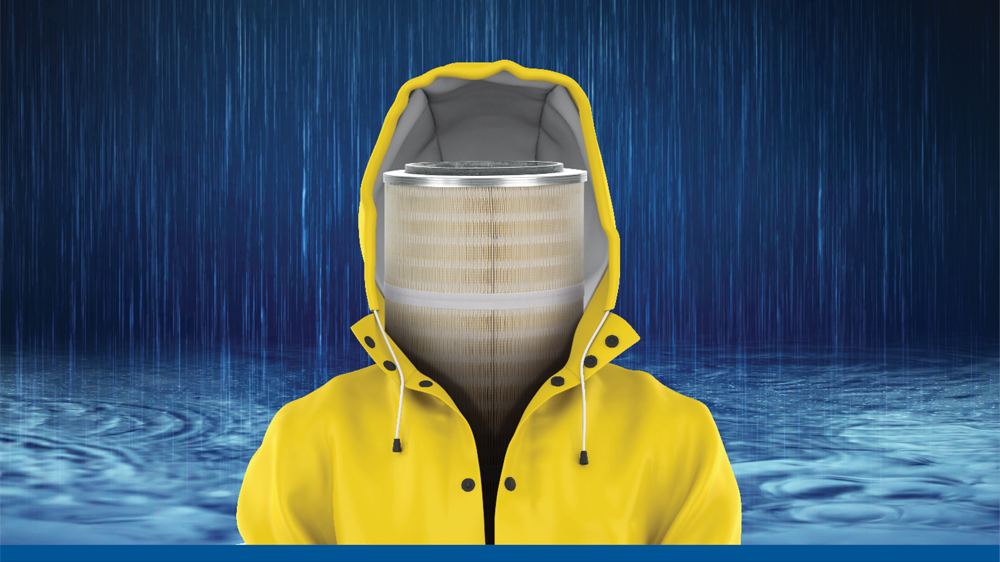How Colder Weather Impacts Your Dust Collector Filter
Your dust collector filter needs a little more TLC in the winter months. Here’s why:
- During colder weather, facility doors and windows are usually sealed shut. This reduces natural airflow in the facility and results in lower indoor air quality (IAQ). In other words, more dust and particulates are trapped within the stagnant air of the facility. Higher levels of particulates mean more work for your dust collector.
- Dust collectors that are located outside the facility also are subjected to fluctuating temperatures. This can lead to condensation and moisture build-up within the collector and on the filter media, which can damage filters and lead to clumping or caking of particulates on the filters.
- Moisture can also build up in the compressed air lines for the filter pulsing system. As temperatures drop below freezing, ice crystals can form in the air lines. When this happens, the pulsing system can no longer do its job of pulsing excess dust off the filters. Because water expands when it freezes, it can also permanently damage the pulsing system.
What can you do to protect your dust collector filters in the colder months?
- First, check your dust collector filters before cold weather sets in. Change them if they look like they are close to the end of their life. (Look for excessive filter pressure, which indicates filters are loaded, or pin holes in filter pleats.) This is especially important for outdoor dust collectors; no one wants to be outside changing dust collector filters in an ice storm.
- Check your pulsing system to make sure it is working correctly and both pulse pressure and pulsing parameters are set according to system specifications. If your dust collector is located outside, you may need to winterize your system to prevent ice from building up in air lines.
- Maintain adequate airflow and plan to change HVAC filters more frequently during colder months while doors and windows remain shut. This will help to reduce excess dust and particulates in the air during the winter months.
Contact Us With Your Questions!
SUBSCRIBE TO
BLOG UPDATES









